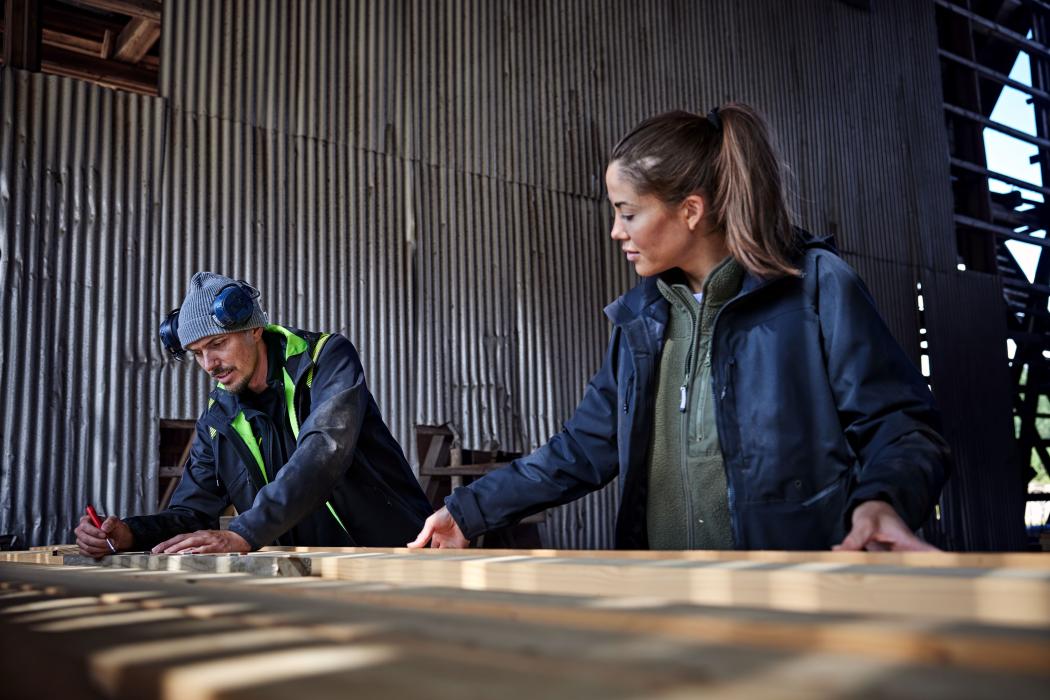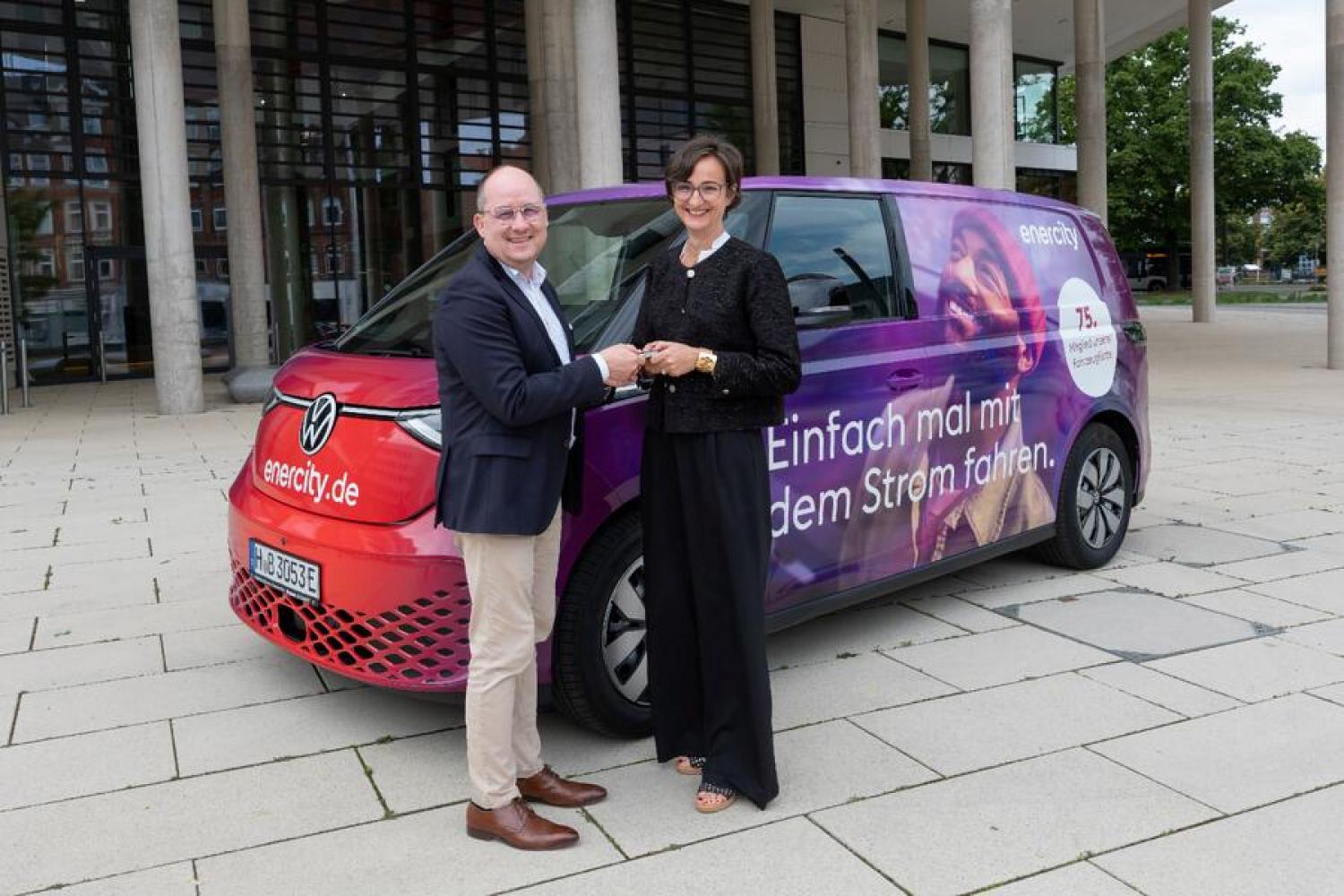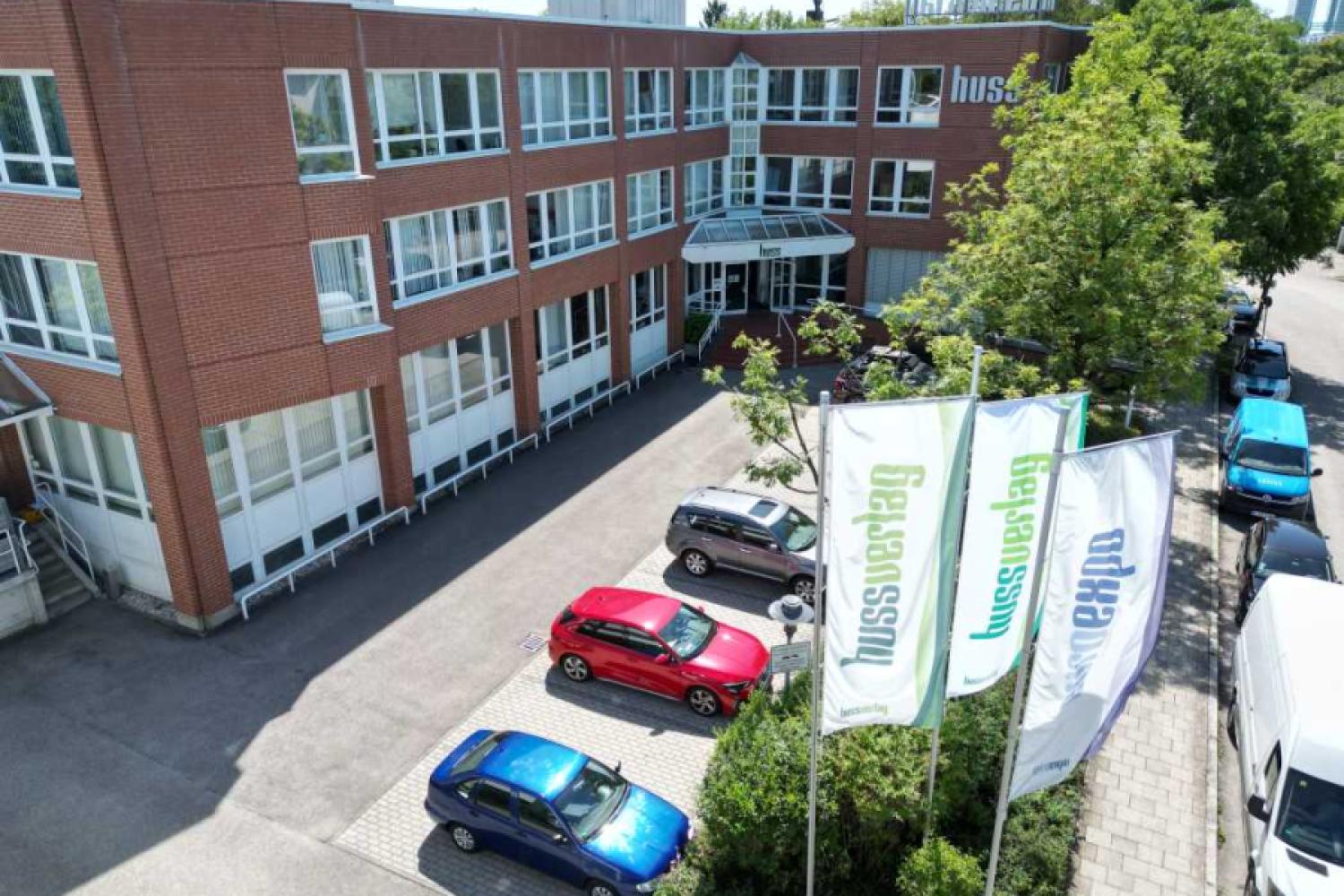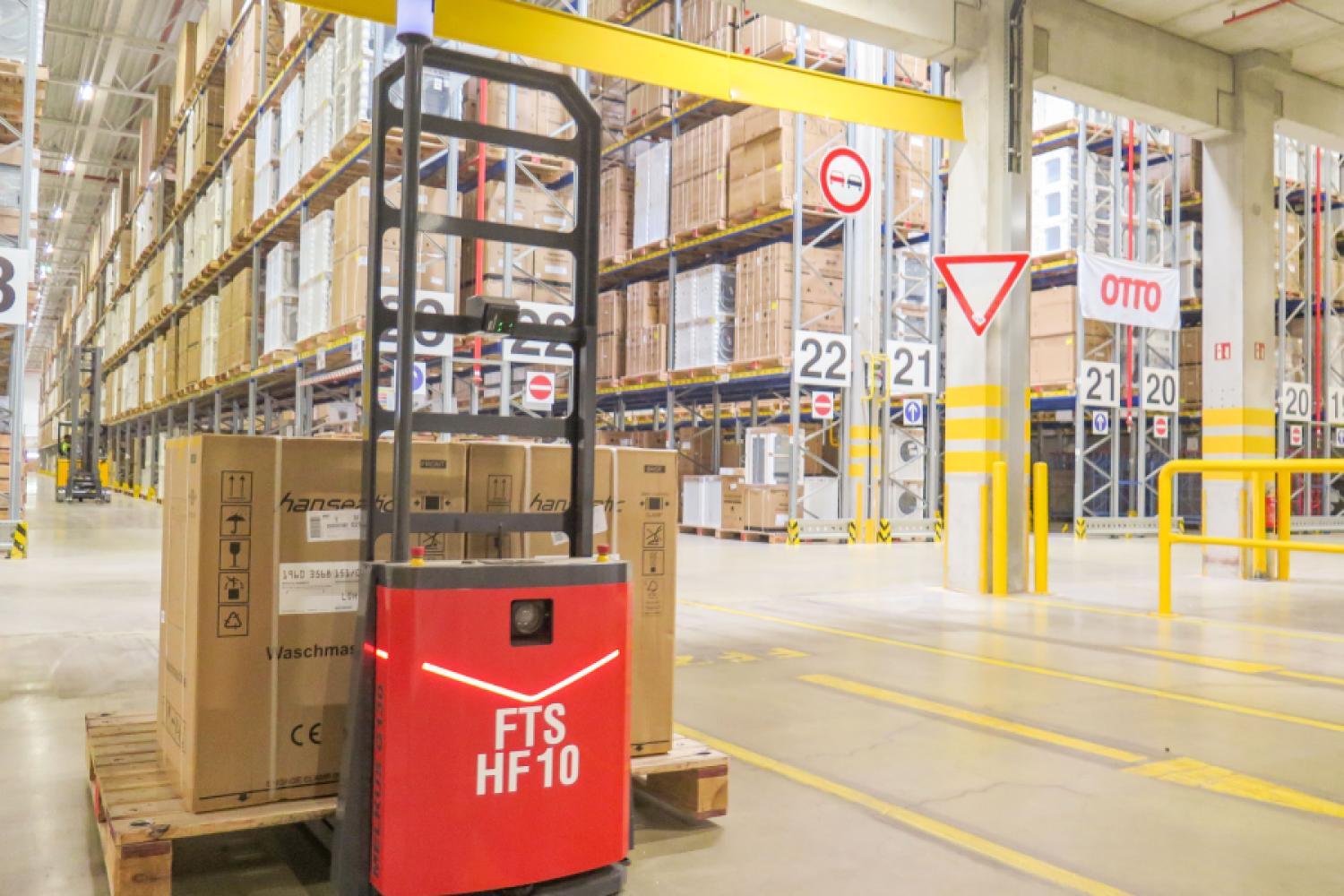The professional clothing manufacturer Fristads published its new sustainability report in April 2025. In it, the Swedish company takes a look at developments in the areas of climate protection, circular economy, and product development in 2024. The company sees the introduction of a sustainable service offering in all served markets as a milestone.
“I am extremely proud of our sustainable service solution, which helps our customers make optimal use of their workwear while simultaneously reducing their ecological footprint,” says Petra Öberg Gustafsson, Managing Director of Fristads.
Fristads' "Sustainability as a Service" includes "Repair, Reuse, and Recycling" and was developed in collaboration with major clients and dealers. After testing and fine-tuning the solutions through extensive pilot projects, the full-service offering was rolled out in 2024 across all markets. The service is
intended not only to support customers in responsibly handling worn workwear but also to provide concrete environmental data that can be used in sustainability reporting.
Advancements in Sustainable Materials
According to its own accounts, the Swedish company has also made progress in transitioning to more sustainable materials. By the end of 2024, 31 percent of the company’s catalog models were made from recycled, bio-based, or organic materials, including garments with Environmental Product Declarations (EPD), up from one percent in 2020. Meanwhile, 18 percent of the products in the Fristads range now have an EPD—a third-party verified document that discloses a garment’s environmental impact, including CO2 emissions and water scarcity footprint. This makes it easier for customers to make informed decisions about purchasing their workwear.
“Collecting, calculating, and analyzing environmental data
from professional clothing production is an extremely complex process, but the effort has paid off. The EPDs have given us crucial insights into where most of our emissions come from and how we can reduce them in the future,” says Lisa Rosengren, Sustainability and Raw Material Manager at Fristads.
Another significant milestone in 2024 was the development of the first Fristads collection made of chemically recycled polyester derived from pre- and post-consumer textile waste. Through chemical processes, the polyester fibers are broken down into their original building blocks so they can be repolymerized into new high-quality fibers that perform as well as new polyester.
According to its own statements, Fristads has also taken measures to eliminate PFAS (Per- and Polyfluoroalkyl Substances), which are often referred to as "forever chemicals." By
the end of 2024, PFAS will be eliminated from all flame-retardant garments, with a few exceptions, and the development of PFAS-free alternatives is underway.
Emissions Decreased
The company reported a total of 38,854 tons of CO2 emissions in 2024, which is a reduction of 29 percent compared to the base year 2022. Most emissions (98.2 percent) occurred in Scope 3, with the largest share attributed to purchased goods and services. Despite an increase in emissions from transportation and purchased products compared to the previous year, Fristads’ CO2 emissions per sold product decreased by 17 percent and per employee by 19 percent compared to 2022. During the same period, emissions per net sales (CO2e/MSEK) decreased by 30 percent, indicating greater emission efficiency relative to business growth, according to the company in






